Description
One of the most remarkable recent occurrences in mathematics is the re-founding, on a rigorous basis, the idea of infinitesimal quantity, a notion which played an important role in the early development of the calculus and mathematical analysis. In this new and updated edition, basic calculus, together with some of its applications to simple physical problems, are presented through the use of a straightforward, rigorous, axiomatically formulated concept of ‘zero-square’, or ‘nilpotent’ infinitesimal – that is, a quantity so small that its square and all higher powers can be set, to zero. The systematic employment of these infinitesimals reduces the differential calculus to simple algebra and, at the same time, restores to use the “infinitesimal” methods figuring in traditional applications of the calculus to physical problems – a number of which are discussed in this book.
This edition also contains an expanded historical and philosophical introduction.
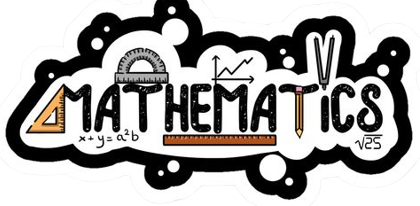
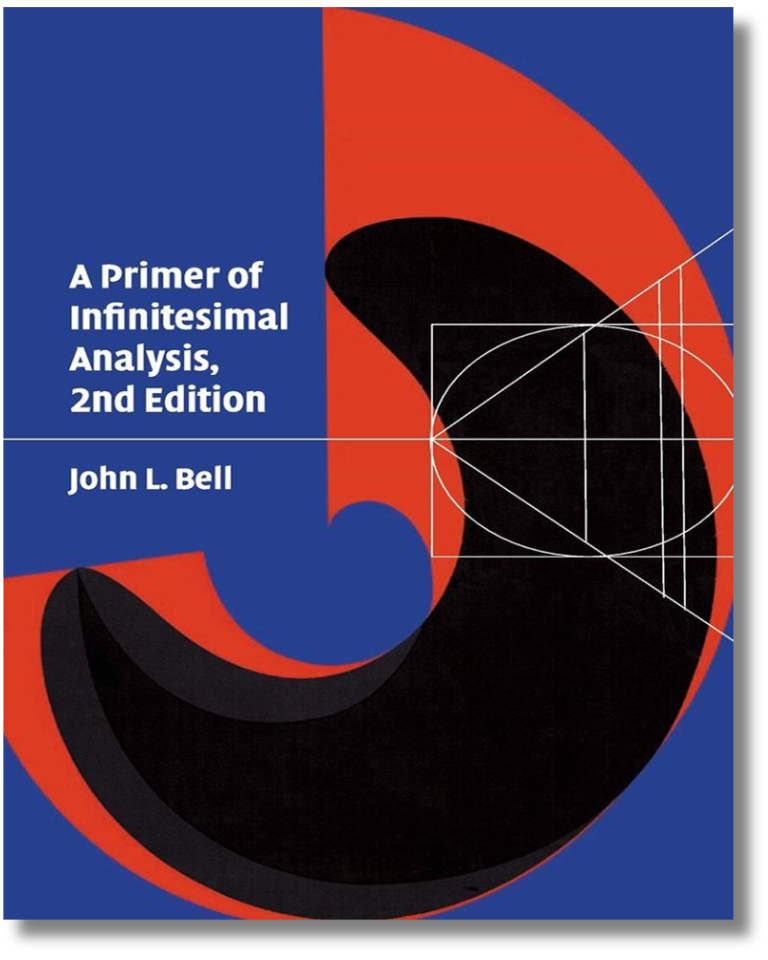
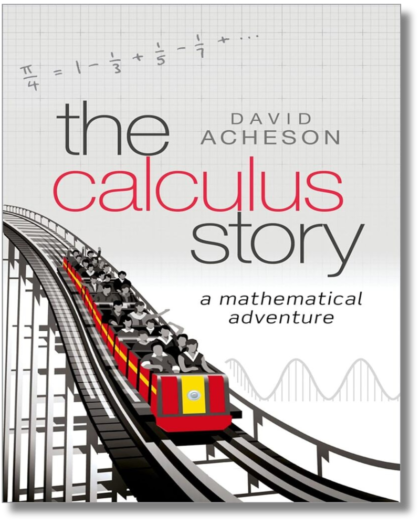

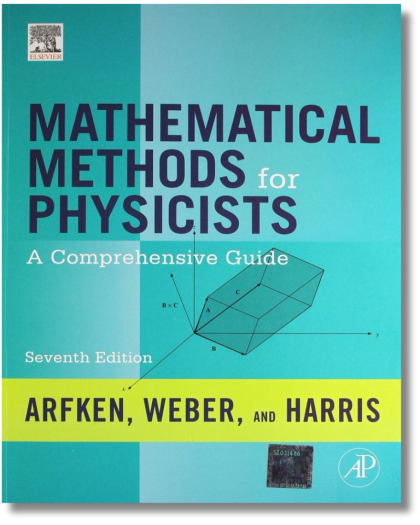
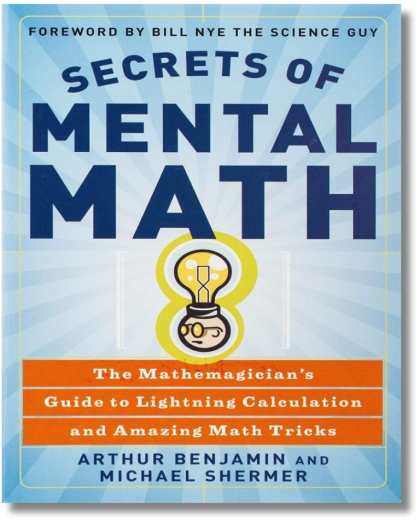
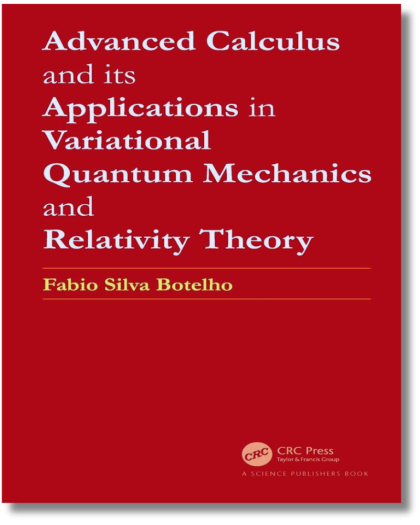


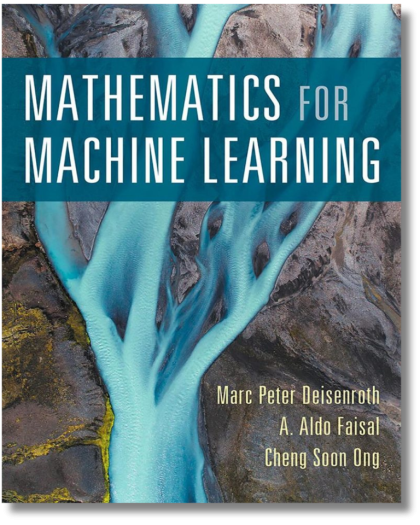

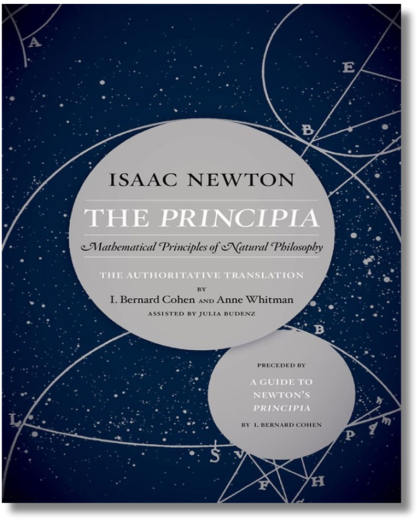
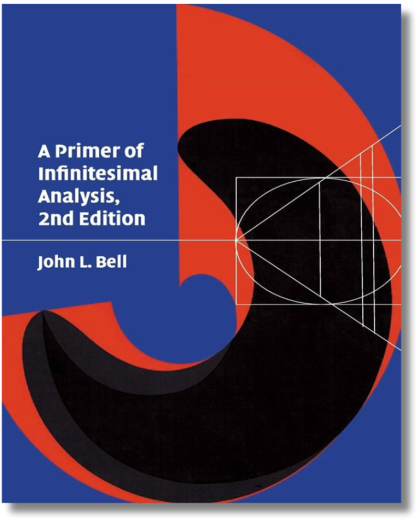
This book is in very good condition.
Extremely interesting read! Definitely not for beginners. This is smooth infinitesimal analysis involving nilpotent non-invertible infinitesimals. These are non-zero infinitesimals whose “squares” are zero that are used in synthetic differential geometry. These are very unlike the infinitesimals used in Keisler’s and Henle’s books. Historically they are more like Nieuwentijdt’s infinitesimals than Leibnitz infinitesimals. Highly recommended for those with some mathematical logic and set theory background,
A bit philosophically heavy at times and initially the loss of the law of the excluded middle is a little disconcerting but one gets used to the new logic quickly enough.
Or maybe just a very good introduction to a variation on infinitesimal analysis. As someone who disliked limits the first time I came across them, and having watched students I was teaching stumble (way too early in the semester) when limits are introduced, I wish more mathematicians would become aware of this approach. Combining this book with “Calculus Made Easy”, where nilpotent infinitesimals are used intuitively, might make for an excellent, limit-free introduction to calculus.
into one of the possible interpretations of nonstandard analysis. Here, the starting point is the “smooth world”, a space where all functions are smooth. If this reminds you on Leibniz you will not be astonished to see in proof that in such worlds infinitesimal quantities are possible! In particular, nilpotent infinitesimals are introduced and calculus is shown to work very well with them. In a way this book recovers the notions of “linelets” and “timelets” of Barrow. However, if you really want to understand what is going on in the foundational underground, you have to go deep into model theory. The book ends by just giving a glimpse into this field.